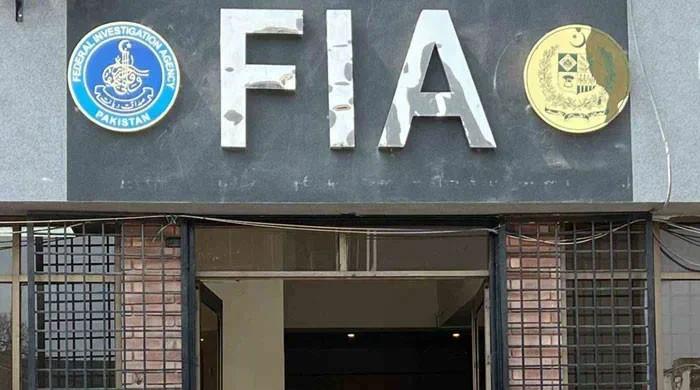STAFF REPORT
ISLAMABAD: In a dramatic turn of events, the Federal Investigation Agency (FIA) raided the Department of Plant Protection (DPP) headquarters in Karachi, arresting nine inspectors and effectively disrupting agricultural export and import activities at Pakistan’s ports. The arrests are part of an ongoing probe into the interception of Pakistani rice shipments at European Union (EU) ports over contamination concerns.
The interceptions, attributed to food safety risks such as pesticide residues, mycotoxins, mineral oils, and genetically modified organisms (GMOs), have raised alarms about Pakistan’s export compliance.
Prior to the headquarters raid, the FIA conducted a late-night operation at the residence of DPP Director General Dr. Muhammad Tariq Khan. Allegedly conducted without a search warrant or registered case, the raid involved FIA personnel, including two female officers, and reportedly caused distress to Dr. Khan’s family.
These actions follow Prime Minister Shehbaz Sharif’s directive during a high-level meeting on Thursday, prompted by a report from Pakistan’s Economic Minister in Brussels, Omar Hameed. The report highlighted 72 interceptions of Pakistani rice shipments at EU ports, allegedly linked to improperly issued phytosanitary certificates.
An inquiry committee led by retired bureaucrat Shahid Ali Khan identified lapses in the certification process but faced criticism for lacking expertise in sanitary and phytosanitary (SPS) measures. Despite the allegations, the committee did not recommend action against rice exporters, raising questions about accountability.
The FIA’s investigation centers on procedural violations by DPP officials, who allegedly bypassed essential steps such as field inspections, lab tests, and compliance verifications when issuing certificates.
Nine DPP officials, including Muhammad Mujeeb, Mansoor Karim, Sohail Ahmed, Fakhar-u-Zaman, and Shahzad Salman, were arrested in raids conducted across Karachi, Mirpurkhas, Multan, Sargodha, Bhalwal, and Balochistan. FIRs cite lapses in biosecurity measures, further implicating the officials.
Critics within the Ministry of National Food Security and Research (MNFSR) argue that food safety compliance falls outside the DPP’s mandate, which is limited to biosecurity. Moreover, Pakistan lacks federal legislation governing food safety, a responsibility devolved to provincial authorities under the 18th Amendment.
The Rice Exporters Association of Pakistan (REAP) has denied misconduct allegations against DPP officers, emphasizing that exporters bear responsibility for ensuring compliance with food safety standards during storage, packaging, and transportation.
The FIA’s actions have drawn sharp criticism for their potential to damage Pakistan’s trade reputation. Industry insiders warn of a possible EU ban on Pakistani rice exports, reminiscent of restrictions imposed on Pakistan International Airlines (PIA).
Exporters also highlight inconsistencies in the interceptions, with several flagged shipments carrying all required documentation, while uncertified consignments passed inspection. Experts stress that such issues are common in global trade and urge a balanced response.
Since its inception in 1947, the DPP has struggled with chronic understaffing and political interference, undermining its role as Pakistan’s National Plant Protection Organization. Calls for systemic reforms have grown louder in the wake of these developments.
The suspension of DPP Director General Dr. Tariq Khan and the appointment of a junior officer, Shahid Abdullah, have further destabilized the department. With many officials on leave or resigning, inspections at ports have ground to a halt, stranding consignments and exacerbating trade delays.
As Pakistan faces increasing scrutiny from international buyers, the need for structural reforms in export compliance frameworks has become urgent. Addressing systemic weaknesses is essential to safeguarding the country’s agricultural trade and restoring confidence in its export systems.


